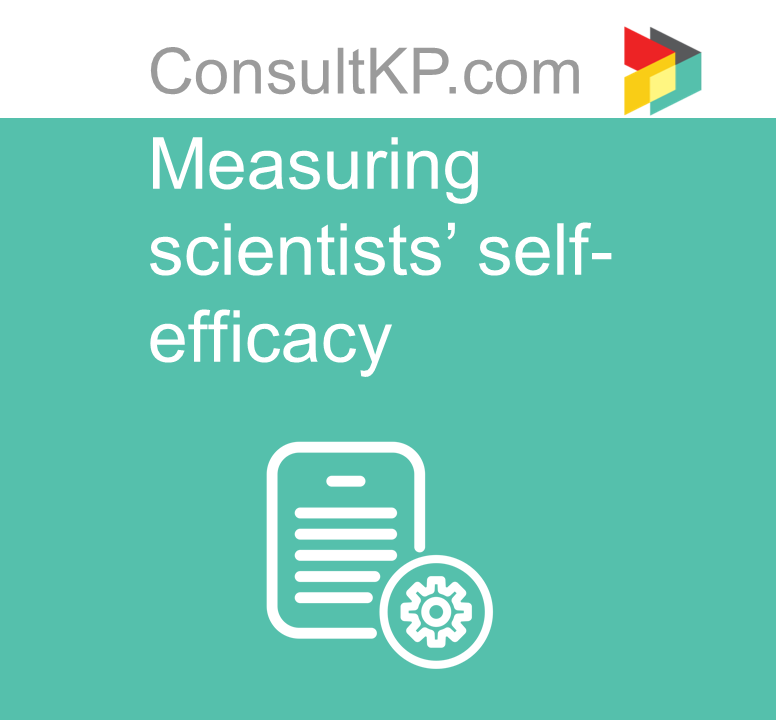How do scientists engage with the public and how effective are they in those interactions? Now more than ever, effective science communication is vital for the public discourse. KPC and collaborators recently published an article about validating a scale to measure scientists’ self-efficacy for public engagement with science (PES) activities, with an explicit focus on reciprocal exchanges between scientists and the public. Self-efficacy, or the beliefs people hold about their ability to succeed in certain pursuits, is a long-established construct. Self-efficacy for public engagement has the potential to serve as a key indicator in the evaluation of scientist training and public outreach programs. This work is rooted in the AAAS logic model for Public Engagement with Science, and was designed to be a common measure that could be used across PES evaluations and research. The results from this study support the use of a 13-item self-efficacy scale, and provide initial validation evidence to support its use with scientists who engage with the public.
Read the article here: Self-Efficacy for Public Engagement


